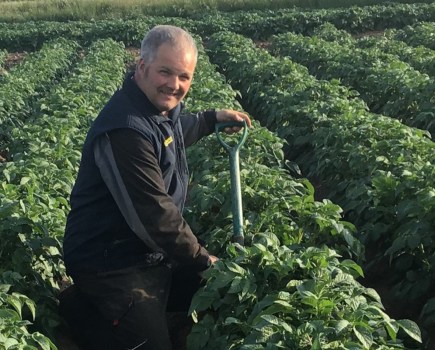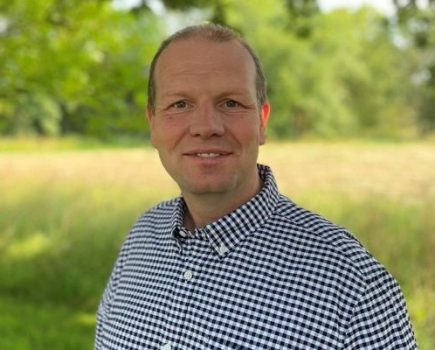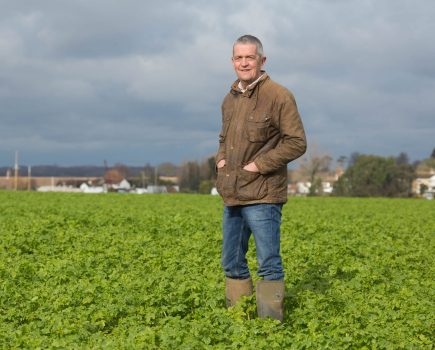 Growing up, a career in agriculture wasn’t originally part of my plan.
Growing up, a career in agriculture wasn’t originally part of my plan.
I’m from a non-farming background, was a bit of a ‘nerd’ at school, and upon finishing my A-levels found myself with a place at Bristol University to read law.
However, a week before the course was due to start, something didn’t feel right, so I dropped out.
After spending a year trying to figure out what exactly it was that I wanted to do with my life, I announced I was going to study agriculture instead.
While I knew this was a fairly curveball move, and quite a change in direction, the response I was met with was largely: “Oh… don’t you think you should be doing something a little more intelligent than that?”
Despite doubts, I continued my pursuit to work in an industry I’d fallen in love with and the rest, as they say, is history.
So I’d be lying if I said I wasn’t a little smug when the Government recently announced the career path I’d unexpectedly chosen was actually in an “essential” industry.
At least twice a day I find myself pausing for a few seconds to take in just how bizarre and unprecedented the situation is that we find ourselves in right now. But it perhaps feels even more strange that while the rest of the world shuts down, for us in agriculture, the wheels keep turning – literally.
Arguably, this might be one of the first times since World War II that farming and food production has been publicly thought of as essential. And while agriculture has always been a pretty hardy industry, the way businesses have adapted and persevered, in light of the COVID-19 outbreak, to keep feeding the nation has shown the true resilience of British agriculture, and our essential #FoodArmy – as aptly coined by Twitter.

Joe Mumby (left) and Joe Bagley, with protective visors made at JCB for the NHS.
From my local farm shop (The Farm, in Stratford-upon-Avon, if you’re passing post-lockdown) who changed their business overnight, going from a walk-in shop to a delivery service for those most vulnerable in the community – while continuing to source and champion local produce – to JCB who’ve shut up shop, and switched yellow machines for PPE production lines to help protect our vital NHS.
Then there’s all of the agronomy businesses who’ve taken to FaceTime to provide support to growers, and the mechanics and machinery manufacturers who’ve optimised all sorts of connected technology to ensure that as farmers move into the busiest time of year, expert advice is on hand at all times of the day.
Once this is over, I think there will be a lot of questions over supply chains and food security, and slowly but surely, I hope the value of British-grown will start to be recognised on a wider scale.
And finally, while strength and resilience are the overarching messages right now, sometimes it’s easier said than done.
Personally, I’ve felt very overwhelmed at times over the past few weeks, and in such an uncertain time, it’s likely that the situation will have an impact on everyone’s mental health in some shape or form.
If you’re finding things difficult, be reassured that it’s not a sign of weakness and that we’re all very much in this together.
And no matter how bad things seem, remember that it’s often temporary, and with the right support and strategy it can always be managed.
While I don’t proclaim to be an expert, something that really helps me to put things into perspective is noting down three things that I’m grateful for.
At the moment that’s light mornings, having access to green space, and seeing OSR in flower, brightening up the countryside – three things I probably wouldn’t be able to enjoy in such abundance if I’d stuck with law.
Confidential support hubs
While social distancing is important right now, it doesn’t mean you, or someone you may be concerned about, is ever alone.
- YANA – yanahelp.org
- Samaritans – samaritans.org
- RABI – rabi.org.uk
- FCN – fcn.org.uk
Originally hailing from Devon, Charlotte Cunningham is now based in Warwicks and when not busy filling the pages of CPM, can be found exploring the countryside with two crazy spaniels in tow. @charcunningham




